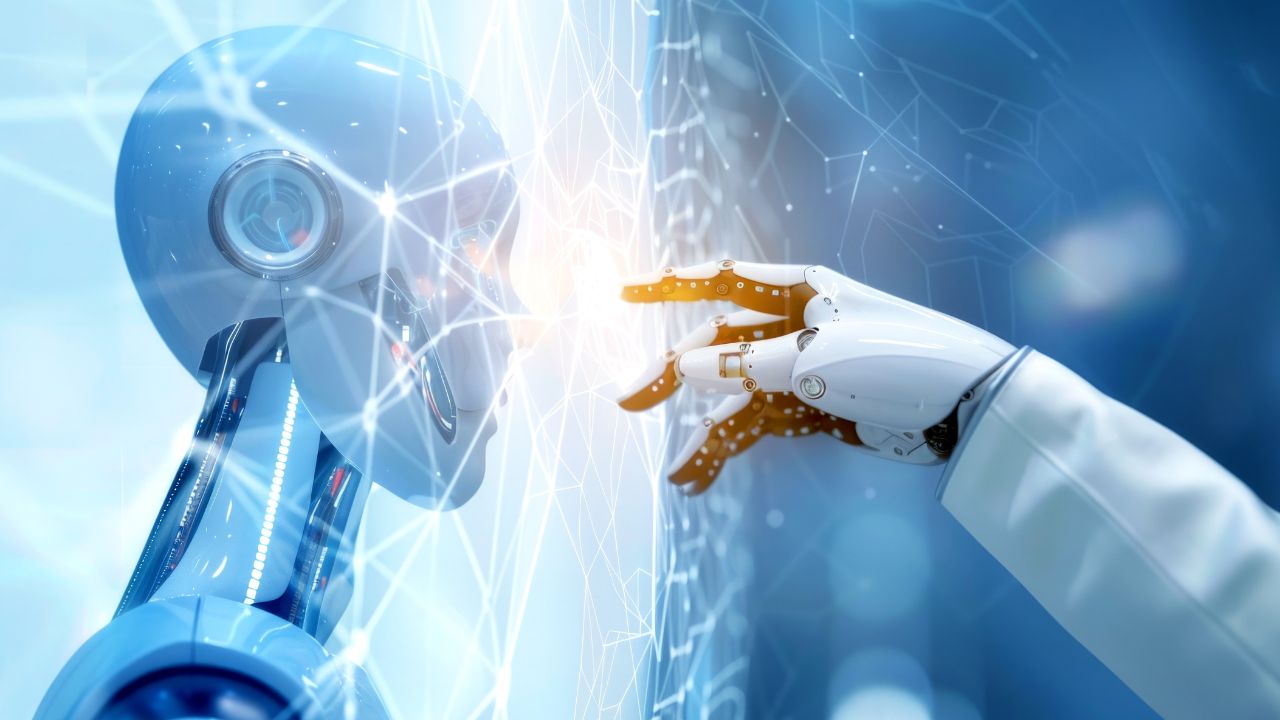
Abraham Rubio of New York wanted to be a software developer as a child.
Tech computer science graduates job hunt ai and On the gaming platform Minecraft, he enjoyed experimenting with “mods,” fan-made modifications to video games that changed elements like a character’s appearance. Eventually, he wasn’t content with just discovering new mods—he wanted to build his own.
That early passion led him to study programming at Bloomfield College at Montclair State University in New Jersey, where he graduated in May with a degree in computer science and game programming.
But finding a job as a software developer proved difficult
Rubio has applied for 20 positions since graduating. So far, he hasn’t received an offer.
“I check LinkedIn almost daily, scrolling through and trying to see the opportunities,” he said, adding that he “haven’t heard back from most of the companies.”
For years—while Silicon Valley was booming and companies of all stripes were investing in new technology—a computer science degree or even a certificate from a coding bootcamp seemed like a ticket to a secure, well-paying job in a rapidly changing industry. But in recent years, job opportunities have become more competitive and scarce.
Tech computer science graduates job hunt ai As the tech world races to make progress in artificial intelligence
some academics say it’s an especially exciting time to be entering the industry. But AI is also enabling companies to automate parts of the programming and software development process, reducing the need for staff, especially for entry-level positions.
While the valuations of tech giants continue to rise, many have had to make numerous layoffs in recent years in their quest to do more with fewer people—a trend that AI has only accelerated. Microsoft, for example, became the second company to reach a $4 trillion valuation last month. This comes just weeks after the company announced in recent months that it would lay off 9,000 employees as part of its third round of budget cuts. CEO Satya Nadella said in April that a full 30% of Microsoft’s code is written by AI.
“Tech jobs are great, but I have to say that the current job market makes it almost impossible to find one,” said Julio Rodriguez, who graduated from Elms College in Massachusetts last year. He said it took him more than 150 applications before he landed a job as a computer engineer earlier this summer.
And once you get a job, you also fear the massive layoffs that many companies expect,” he added.
CNN spoke to half a dozen job seekers about how they’re navigating the job market, educators who are training the industry’s next generation of engineers, and current programmers and technology leaders about whether data science degrees could become obsolete.
What job seekers say: “I feel like I’m competing with AI for my foot in the door.”
Nick Vinokour had his dream job in sight after graduating from the University of Michigan with a computer science degree in December — he had been hired as a strategic project manager at data-tagging startup Scale AI. He was set to start in August.
“I was super excited; ‘It was a great opportunity,’” Vinokour said.
But after Meta invested $14.3 billion in Scale AI in June and took over as CEO, Vinokour received an email informing him that his offer had been withdrawn due to a restructuring of the company.
He’s still looking for a job.
While Vinokour largely blames the economy and fierce competition for computer science graduates for the tight job market, the role of AI is a real concern for him.
What educators say: “Every role is changing”
Educators who teach programming and computer science must adapt their curriculum to prepare students for a rapidly changing job market.
Magdalena Balazinska, dean of the Paul G. Allen School of Computer Science and Engineering at the University of Washington, said the hiring decline isn’t just because AI is taking over programming jobs. Tech companies are also restructuring their workforces after a surge in hiring during the Covid era and need to invest wisely, given the billions of dollars being invested in AI infrastructure.
Balazinska said it’s not just doom and gloom: More than half of the school’s roughly 675 graduates from the 2024-25 academic year have already found full-time jobs at companies like Amazon, Meta, Microsoft and Google.




